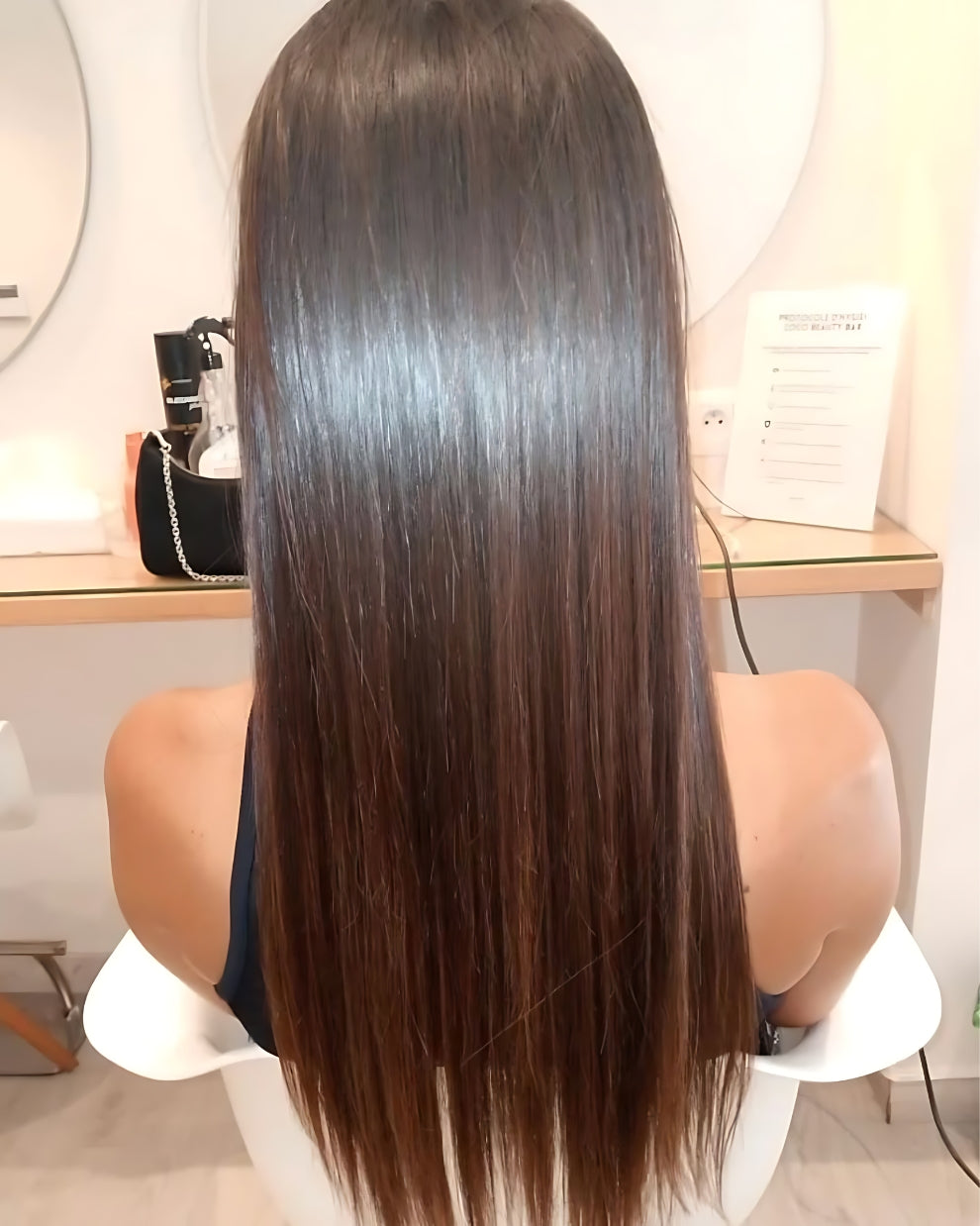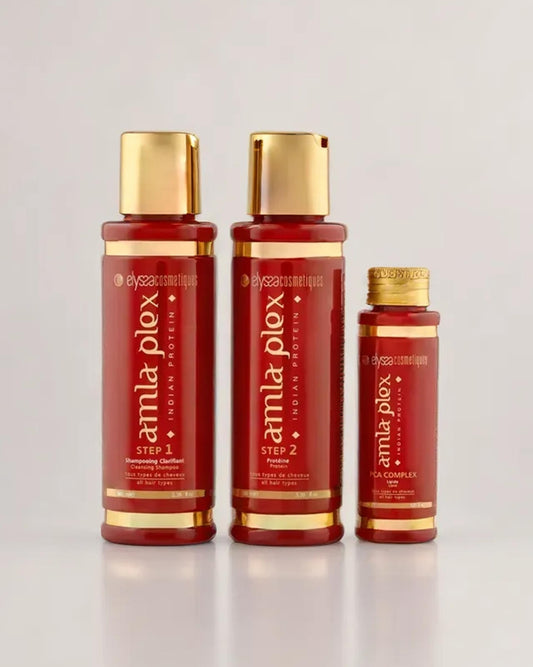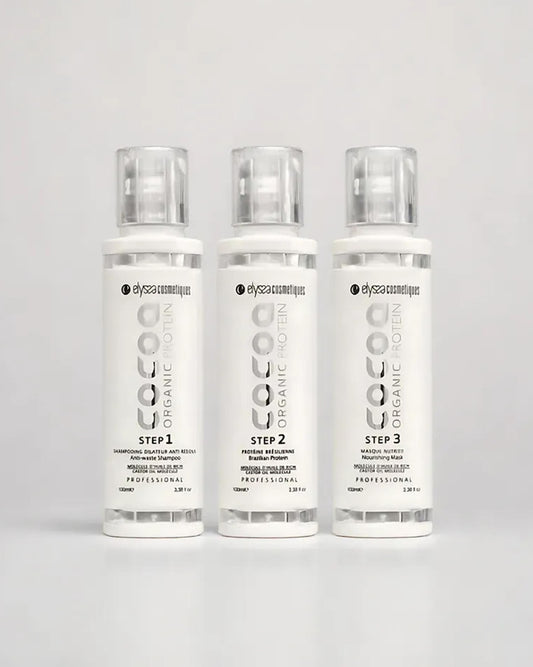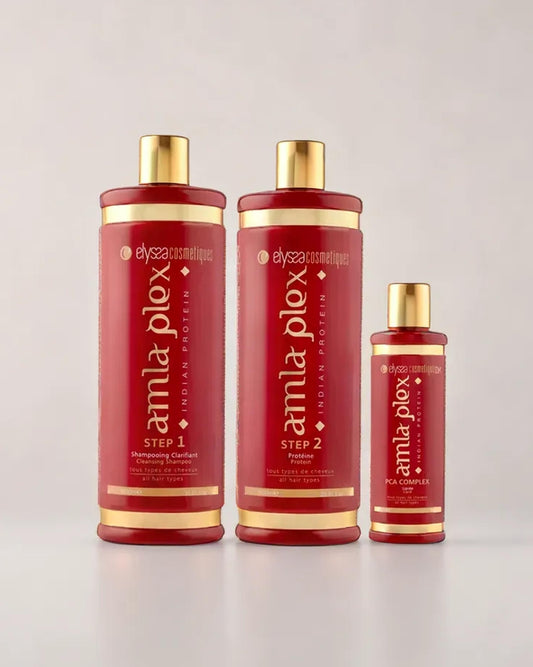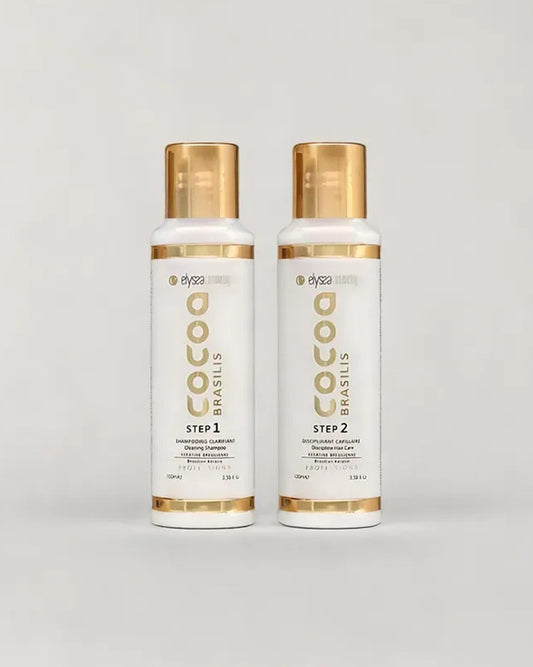Solution cheveux gras : astuces pour s'en débarrasser
Vous en avez assez de vos cheveux gras semble être un casse-tête sans fin ? Rassurez-vous, vous n'êtes pas seul à chercher des solutions efficaces. Dans cet article, nous allons voir ensemble comment retrouver une chevelure fraîche et légère grâce à des astuces simples et naturelles.
Comprendre les cheveux gras
Les cheveux gras sont le résultat d'une production excessive de sébum par le cuir chevelu. Cette substance huileuse est essentielle pour protéger la fibre capillaire, mais en excès, elle rend les cheveux lourds et ternes. Selon des études, près de 40% des femmes souffrent de ce problème au quotidien.
Les causes des cheveux gras
Plusieurs facteurs peuvent expliquer l’excès de sébum : les changements hormonaux, le stress, une alimentation déséquilibrée ou l'utilisation de produits capillaires inadaptés. Par exemple, le stress peut augmenter la production de sébum de 30%, aggravant ainsi la sensation de gras.
Les astuces pour s'en débarrasser
Heureusement, il existe des solutions pour lutter contre les cheveux gras. Tout d'abord, optez pour un shampoing doux spécialement formulé pour réguler le sébum. Évitez de laver vos cheveux tous les jours ; deux à trois fois par semaine suffisent pour ne pas stimuler davantage les glandes sébacées.
Ensuite, misez sur des remèdes naturels comme le masque à l'argile verte une fois par semaine. L'argile verte, vendue en pharmacie à moins de 10 euros les 500 grammes, est réputée pour ses propriétés absorbantes et purifiantes.
Adopter une routine capillaire adaptée
Pour une efficacité maximale, il est important d'adopter une routine capillaire adaptée. Utilisez des produits sans silicones ni parabènes qui ont tendance à alourdir le cheveu. Après le shampoing, rincez vos cheveux à l'eau froide pour resserrer les écailles et réduire la production de sébum.
Les erreurs à éviter
Certaines habitudes peuvent aggraver le problème. Évitez de toucher vos cheveux trop souvent, car cela répartit le sébum sur toute la longueur. Limitez l'utilisation de produits coiffants comme les gels ou les sprays fixants qui peuvent étouffer le cuir chevelu et augmenter l'excès de sébum.
L'importance de l'alimentation
Une alimentation équilibrée joue un rôle crucial dans la santé de vos cheveux. Privilégiez les aliments riches en vitamines B et E, comme les noix, les légumes verts et les céréales complètes. Réduisez la consommation de graisses saturées et de sucres rapides qui peuvent augmenter la production de sébum jusqu'à 20%.
Quand consulter un professionnel
Si malgré tous vos efforts, vos cheveux restent gras, il est peut-être temps de consulter un dermatologue. Un professionnel pourra déterminer si vous souffrez d'une affection spécifique du cuir chevelu, comme une dermatite séborrhéique qui touche environ 5% de la population, et vous proposer un traitement adapté.
Lissage Brésilien : Réponses à Vos Questions
Découvrez notre Guide Complet du Lissage Brésilien : Réponses à Vos Interrogations
